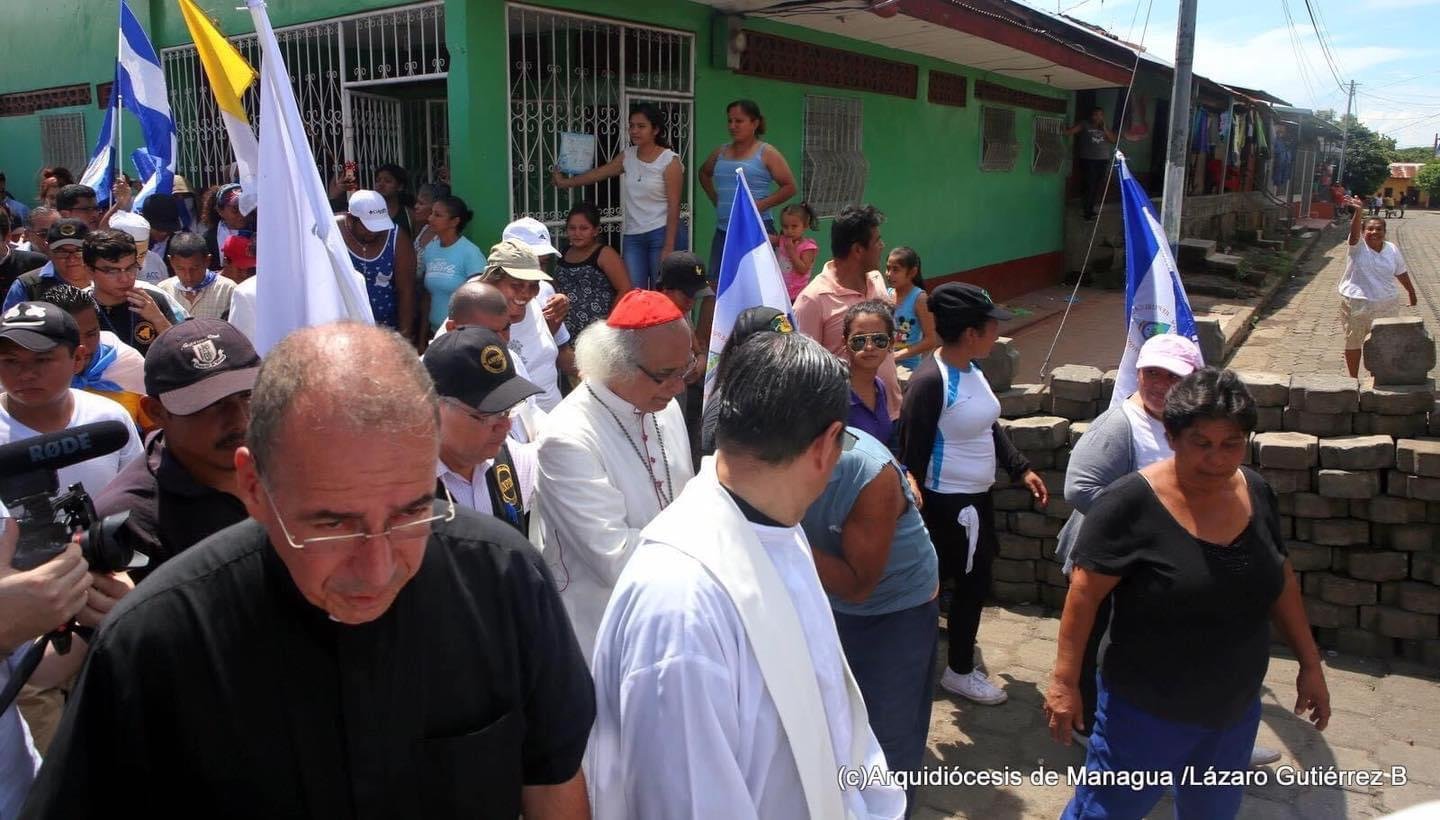For Al Jazeera English, I photographed a small but growing Jewish community in Côte d’Ivoire. Inside the country’s first synagogue, the Kol-Yehuda, the community has learned the prayers in Hebrew and adopted Orthodox Jewish practices.
With only 34 registered Jews in Côte d’Ivoire 20 years ago, there are now at least four different independent Jewish communities in Abidjan, each with their respective synagogues and between 20 and 300 members. Most Ivorians who have adopted Jewish practices still haven’t been officially converted to Judaism and are not recognized by Israel.
An Ivorian Jew reads the prayers in Hebrew during Shabbat services at the Kol Yehuda Synagogue and Kabbalah Centre on Friday evening. [Isabel Bonnet/Al Jazeera]













